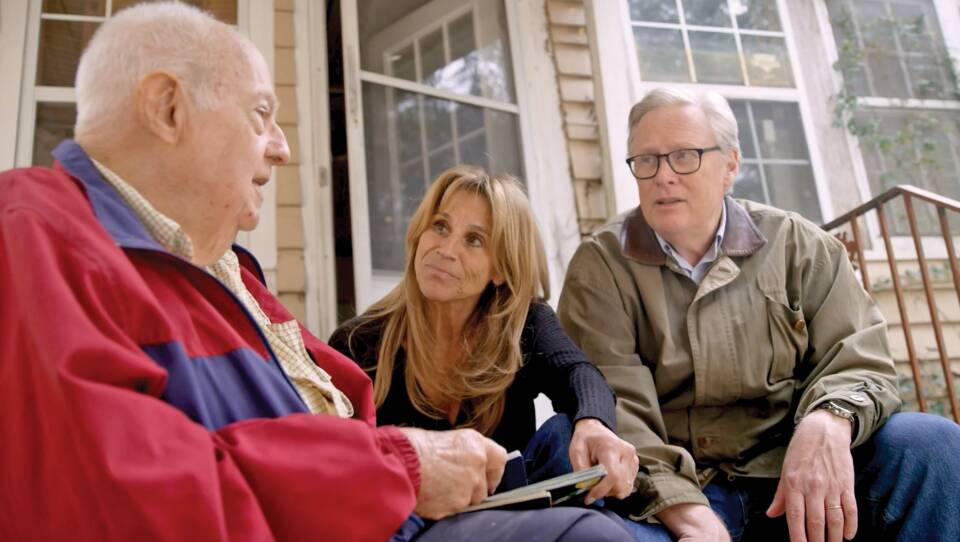One in 44 children in the U.S. was diagnosed in 2021 as being on the autism spectrum. But what is autism and how broad is the spectrum? How can we create communities that support children and adults with autism? And how do we address the racial and socioeconomic inequalities in diagnosis and treatment?
In A Different Key, a documentary produced and directed by Caren Zucker and John Donvan, seeks to answer those questions. Based on their Pulitzer Prize finalist book and featuring an original score by jazz composer Wynton Marsalis, the film follows Zucker, the mother of an autistic son, as she tracks down 89-year-old Donald Triplett, the first child ever diagnosed with autism. The film also allows viewers to witness the struggles and successes of Zucker’s son Mickey as he navigates early adulthood. Watch on Tuesday, December 13 at 9pm on GBH 2.
When the filmmakers meet Donald, who was identified in the seminal article describing the condition, they discover that his small-town community of Forest, Miss., has accepted him all his life. In the words of one member of the community, “he’s our guy.”
The filmmakers also discover that Donald had supports that many don’t: his family, which owned the local bank, was financially stable and well-educated and could ensure he was always employed and cared for.
“So many people don’t have those advantages,” said Zucker. “Because of basic misunderstandings, so many bad things can happen to people with autism.”
The main theme of In A Different Key is community, says Donvan. “Donald Triplett had a supportive community. But for so many other people with autism, there’s a failure of community.”
Donvan and Zucker have worked together as journalists for 25 years, mostly at ABC News, including several years on the “Echoes of Autism” beat for the network. They hope the film reaches people who know little about or have preconceived notions about autism.
“We want all people to know that they have a part in the story of autism,” says Donvan. “Our readiness to accept people with autism, include them, support them, befriend them and back them up when they need it has an enormous impact on whether or not they truly get to belong.”
Zucker said that Donald’s story gave her hope. “I wanted to know, how did his community get it right?”
The film also introduces viewers to Stephanie Parks, an anthropologist who researches the under-diagnosis of children of color.
“She found that the diagnostic test is based on how White people understand behavior and language,” said Donvan. “It’s an unintentionally biased system if you’re a person of color.”
For both Donvan, whose brother-in-law has autism, and Zucker, the project has been both humbling and enlightening.
“Twenty-five years of meeting people on the spectrum has deepened my sense of humanity and my appreciation for the humanity of everybody,” said Donvan.
Zucker says it took a lot to convince her to be in the movie.
“I am a producer,” she said. “I never wanted to be in front of the camera, it’s not a comfortable place for me. And I wasn’t sure I wanted to expose my family.” Donvan ultimately persuaded her that Mickey’s story needed to be told, and her family willingly participated.
Zucker and other caretakers in the film have seen autism bring out the best and worst in people.
“I need to know that the non-autistic majority will embrace and protect my child when I am no longer here,” she says. “In A Different Key is the story of an unrecognized civil rights movement, but it’s also a love story, where the arc of justice is really bending in the right direction—just not fast enough for mothers like me.”



